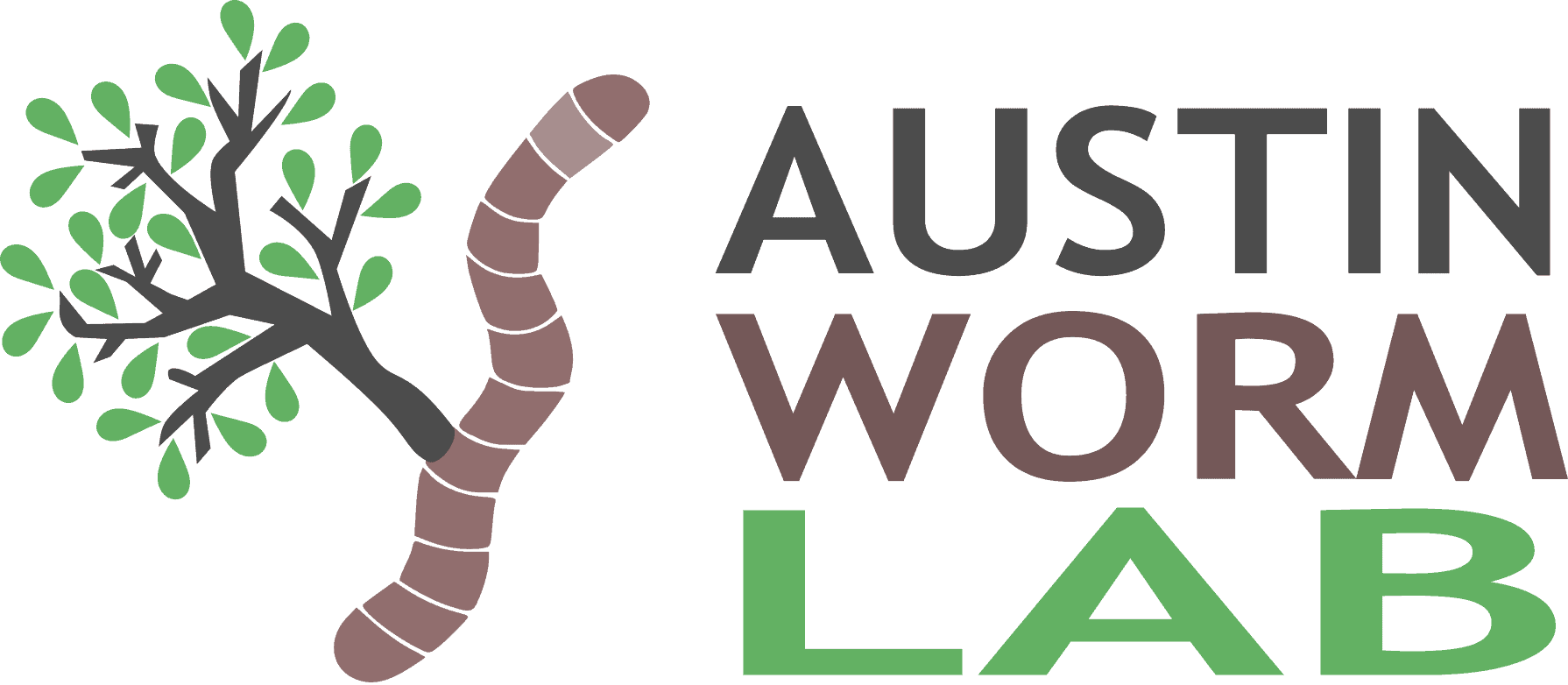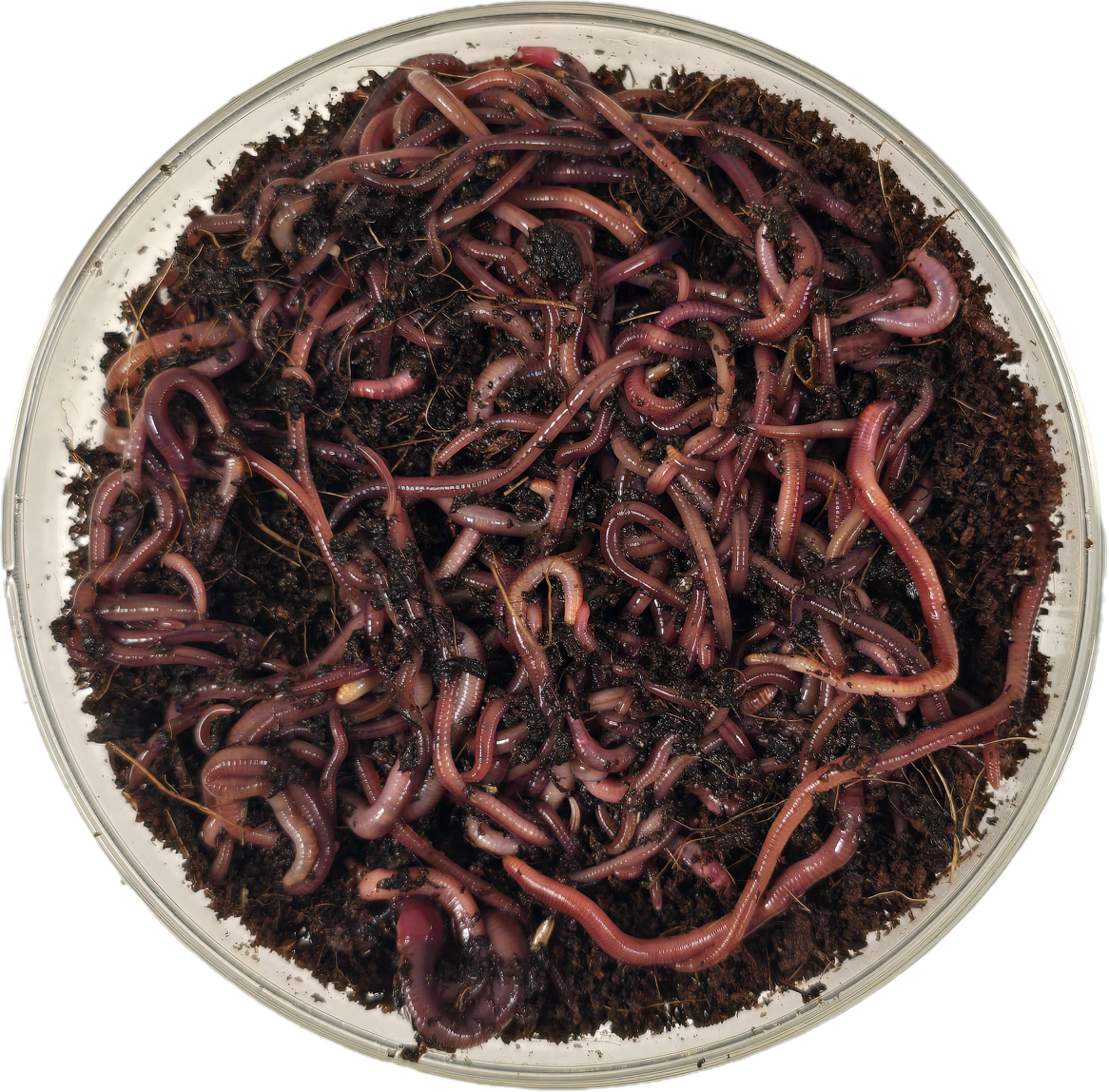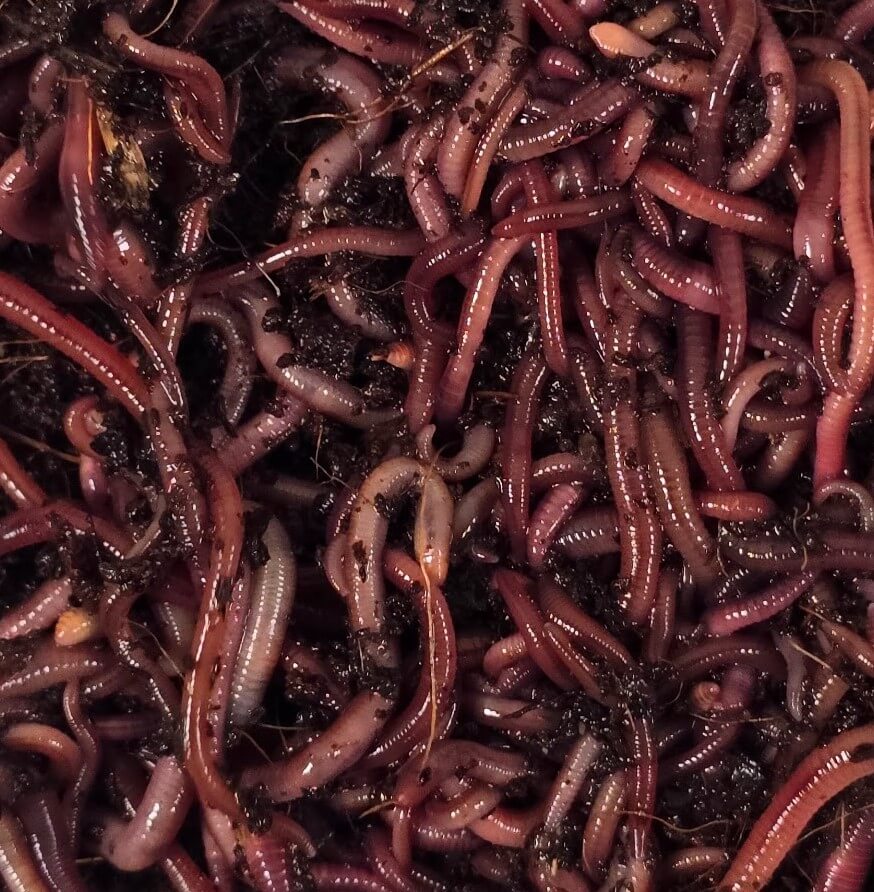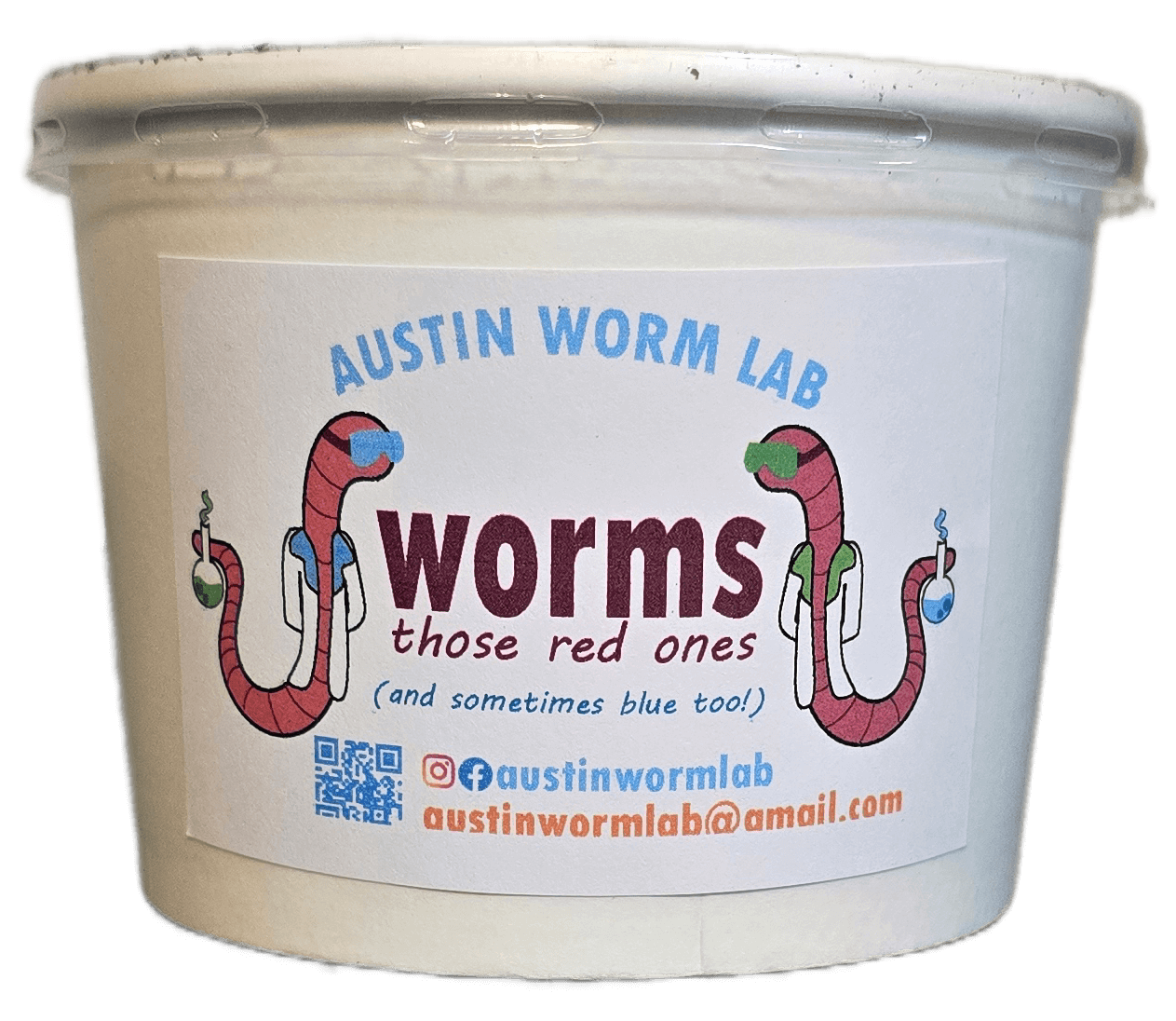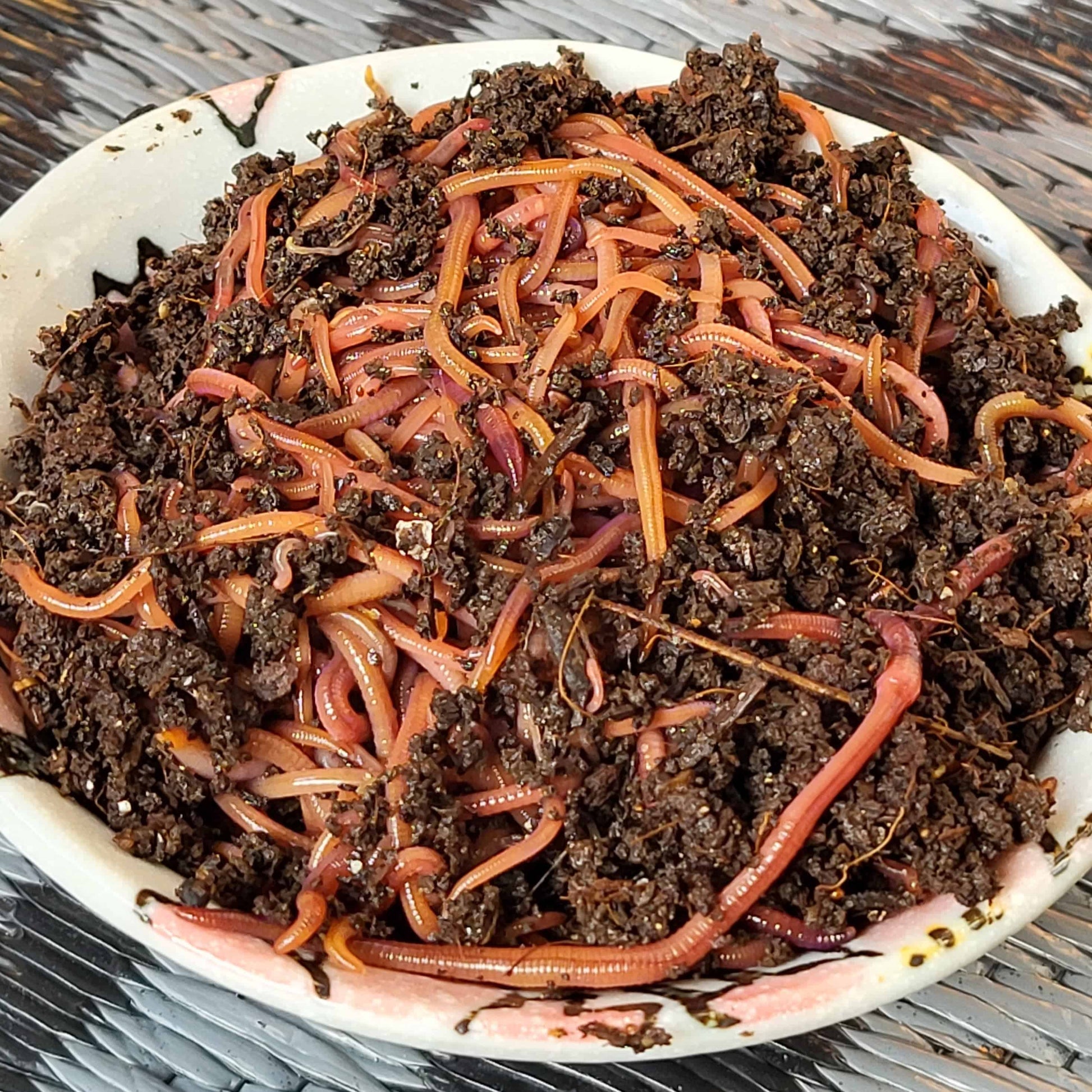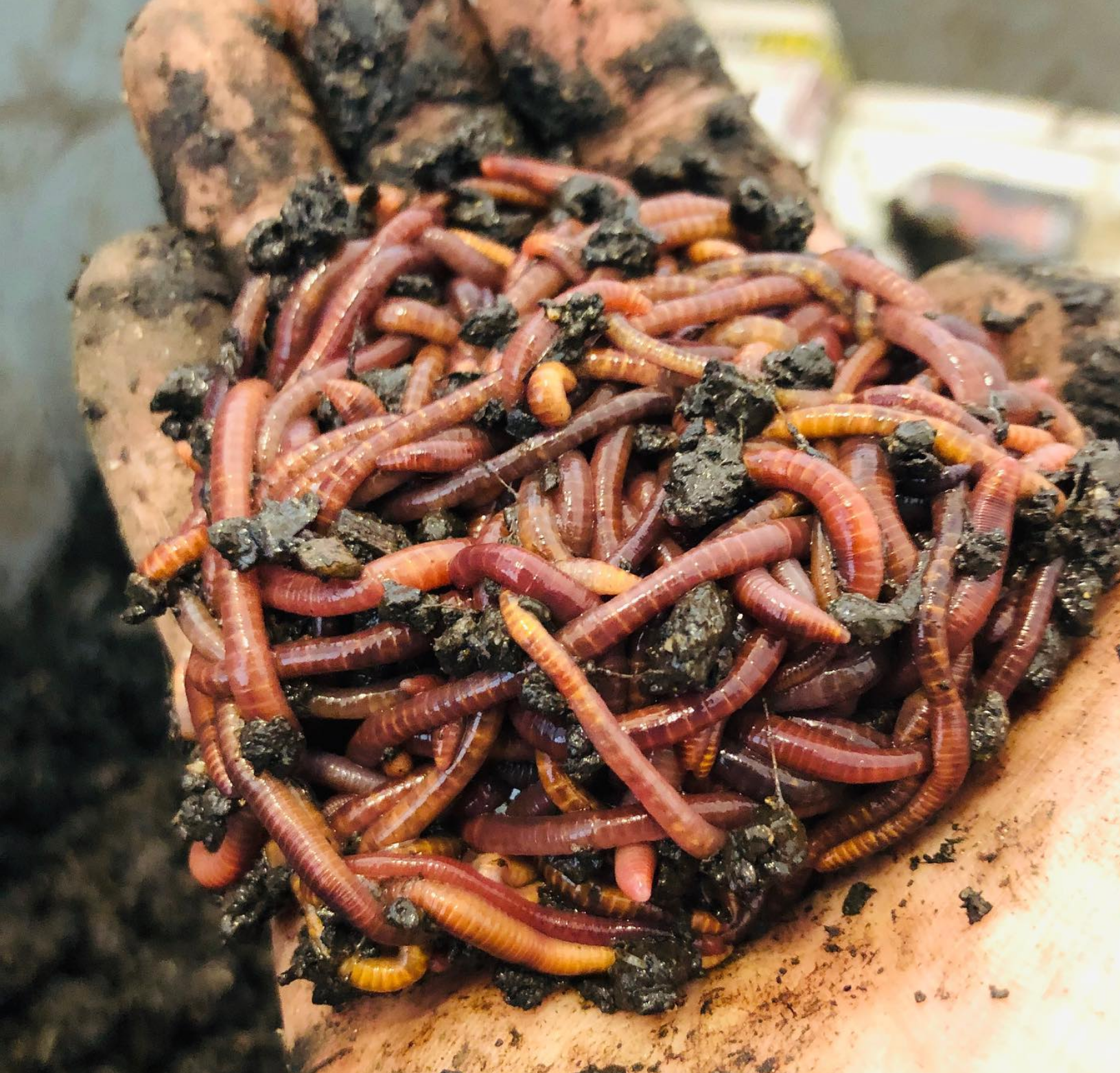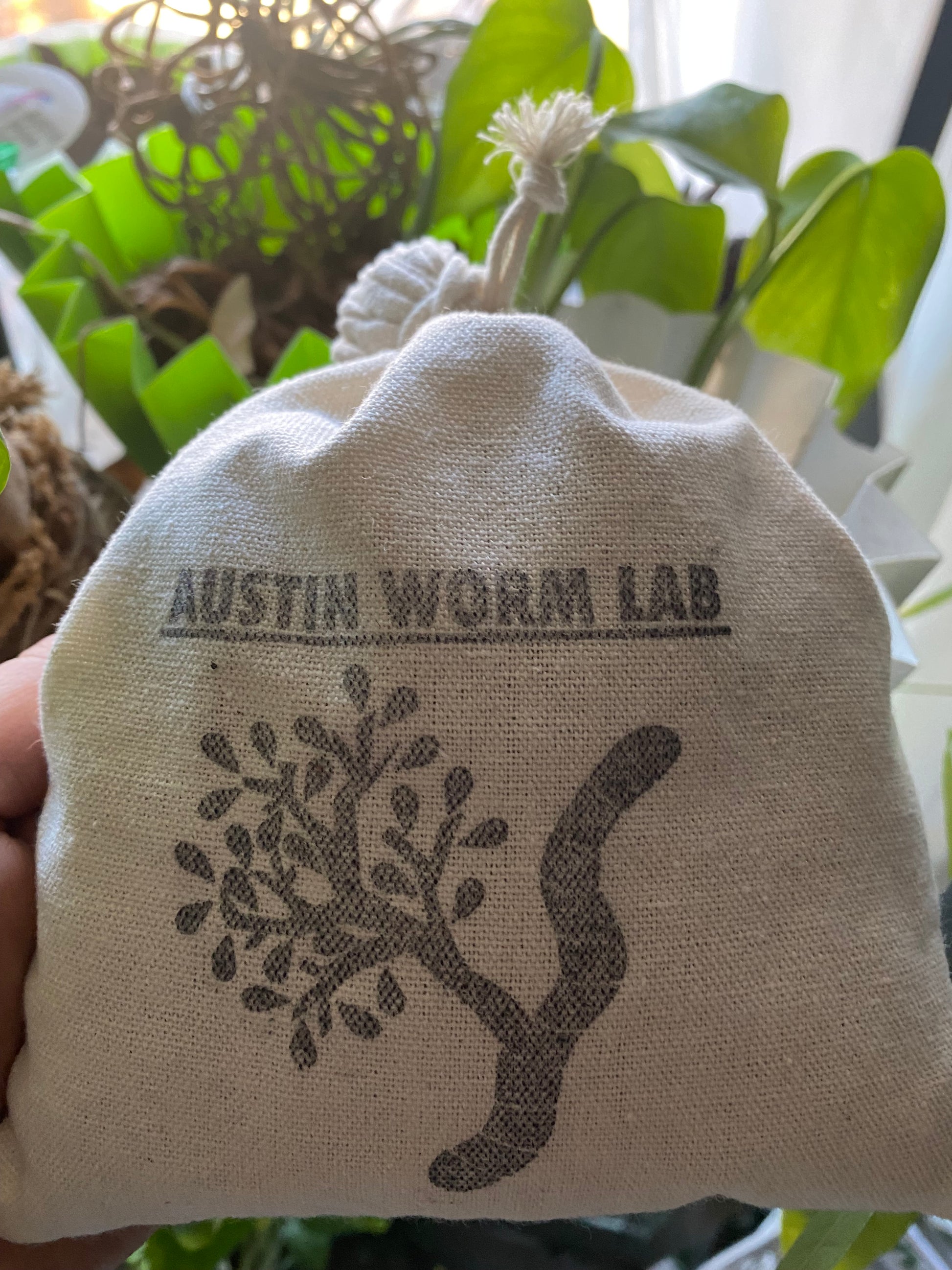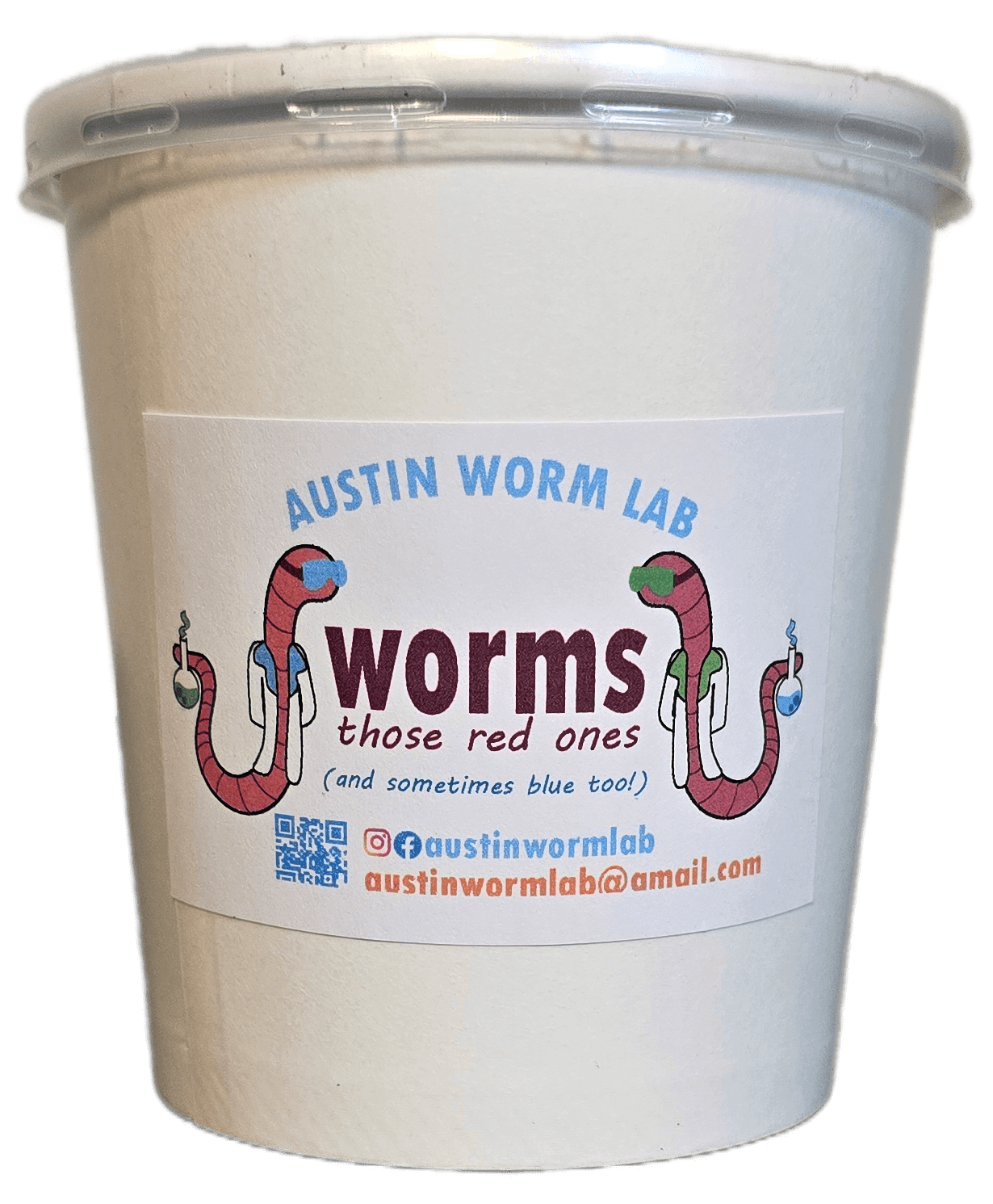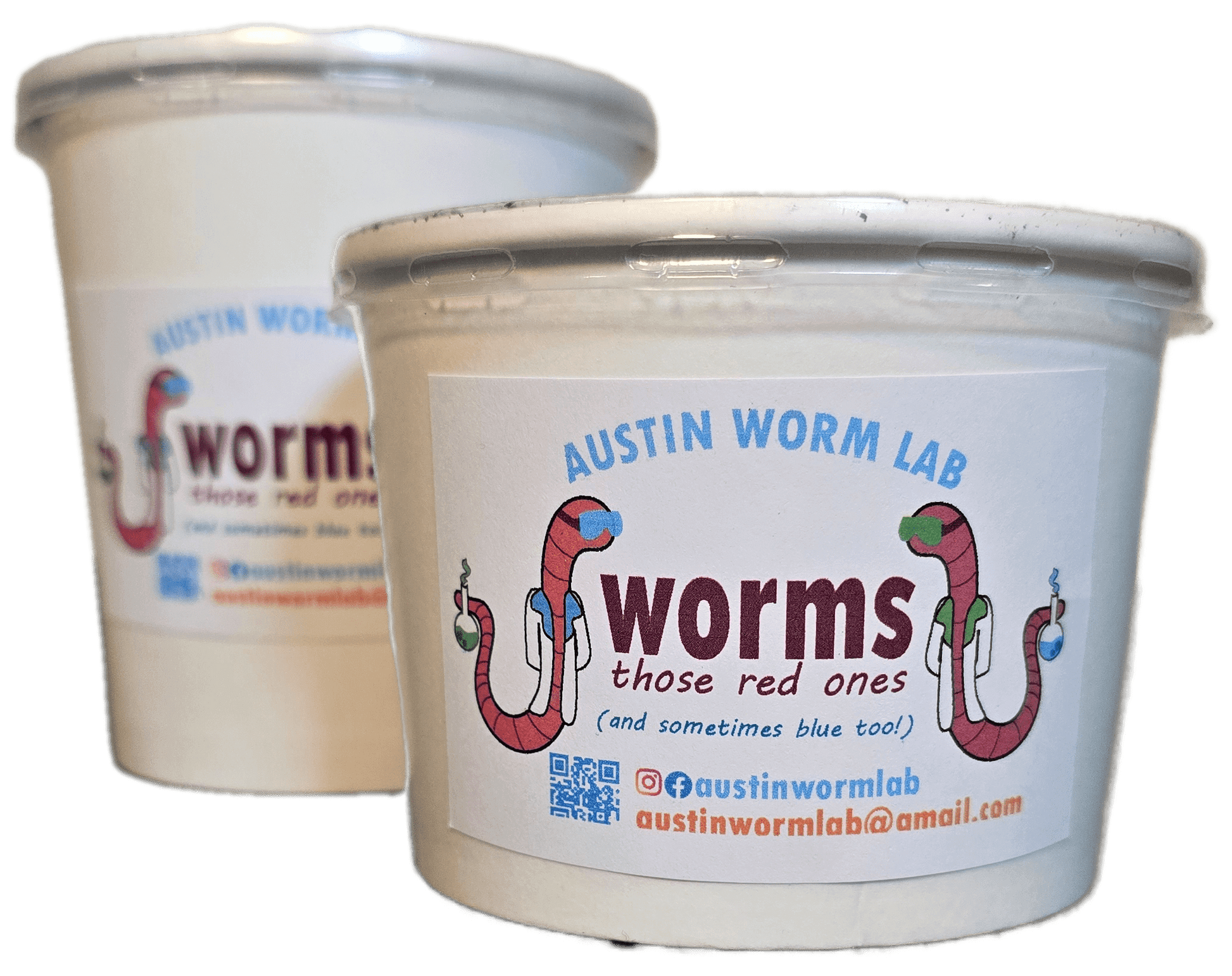austinwormlab
Composting Worms - FREE SHIPPING
Composting Worms - FREE SHIPPING
Couldn't load pickup availability
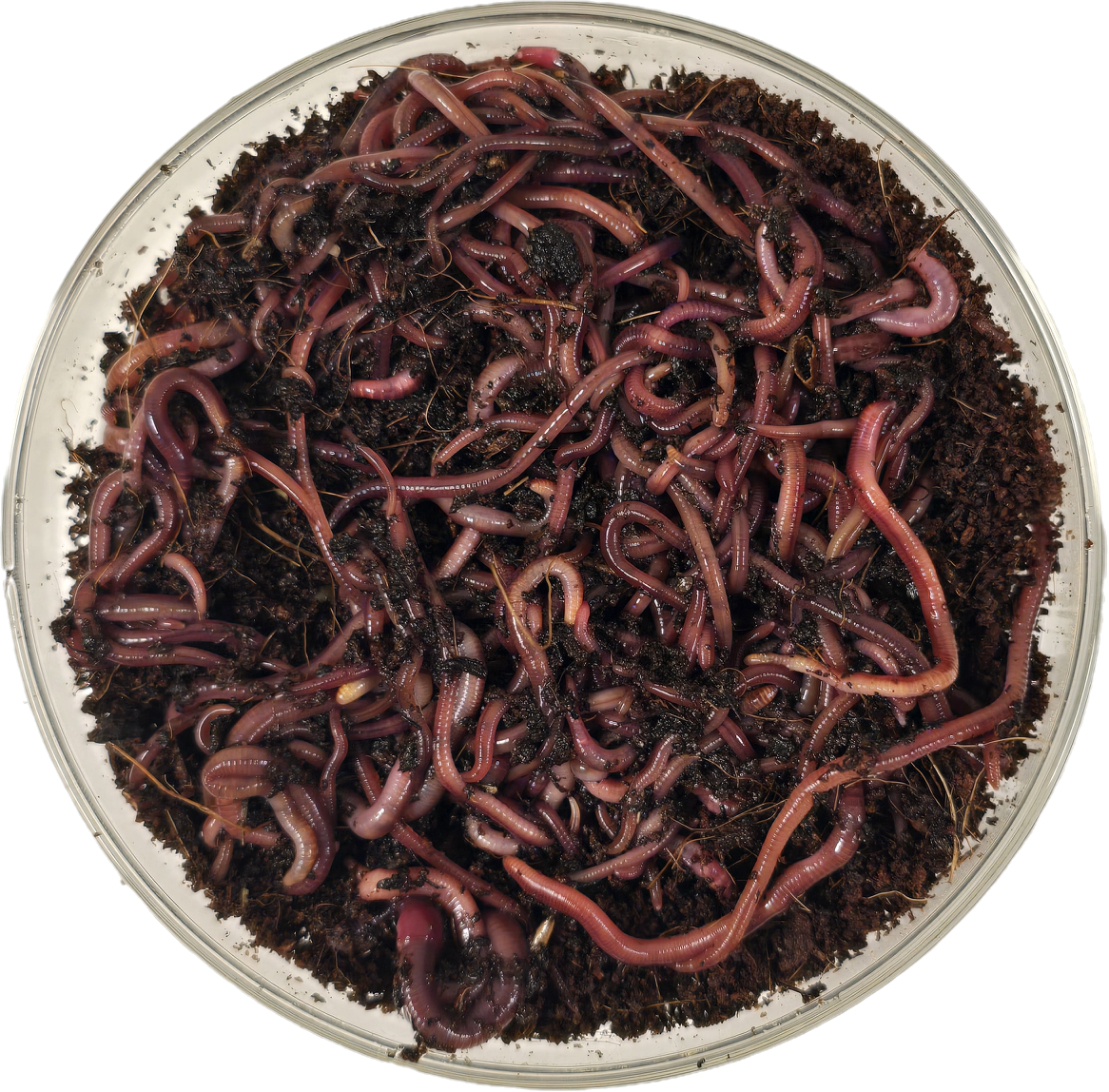
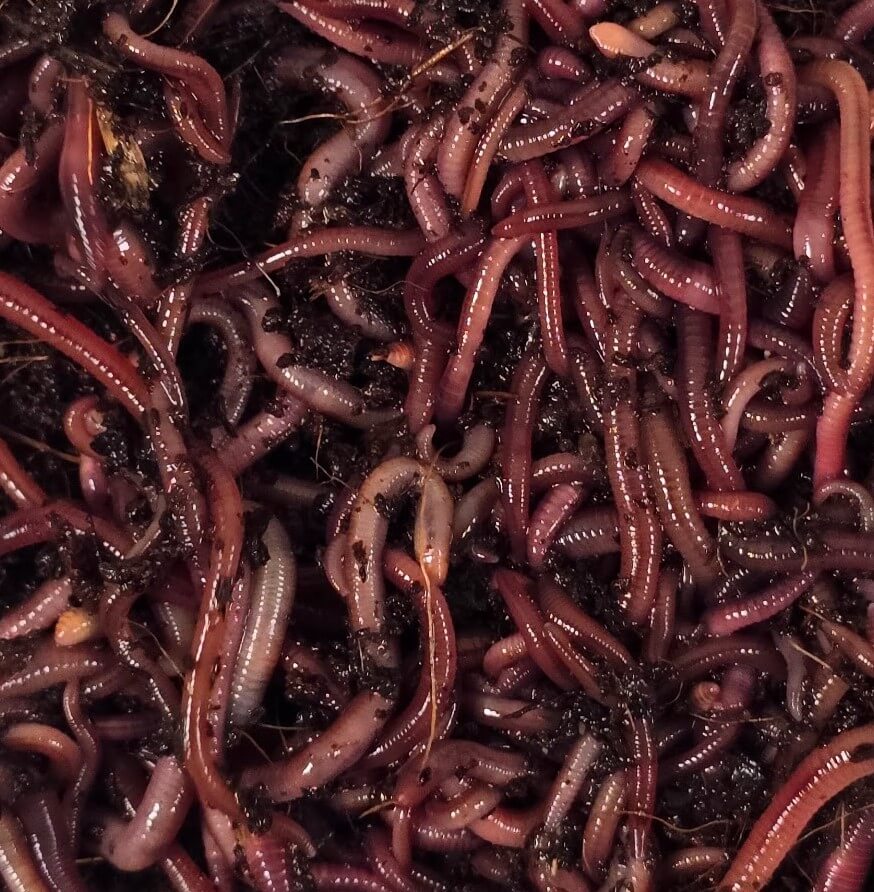
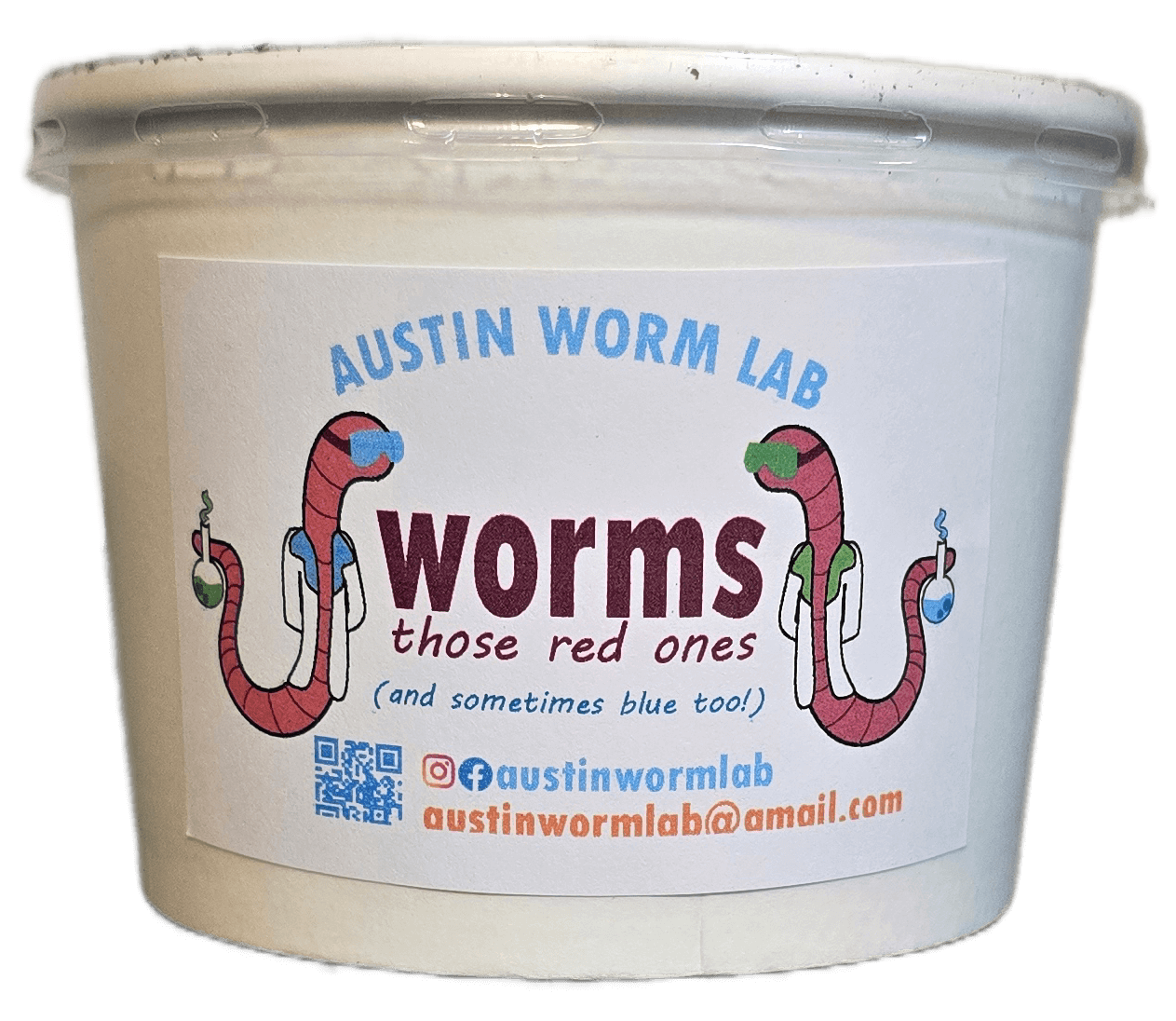
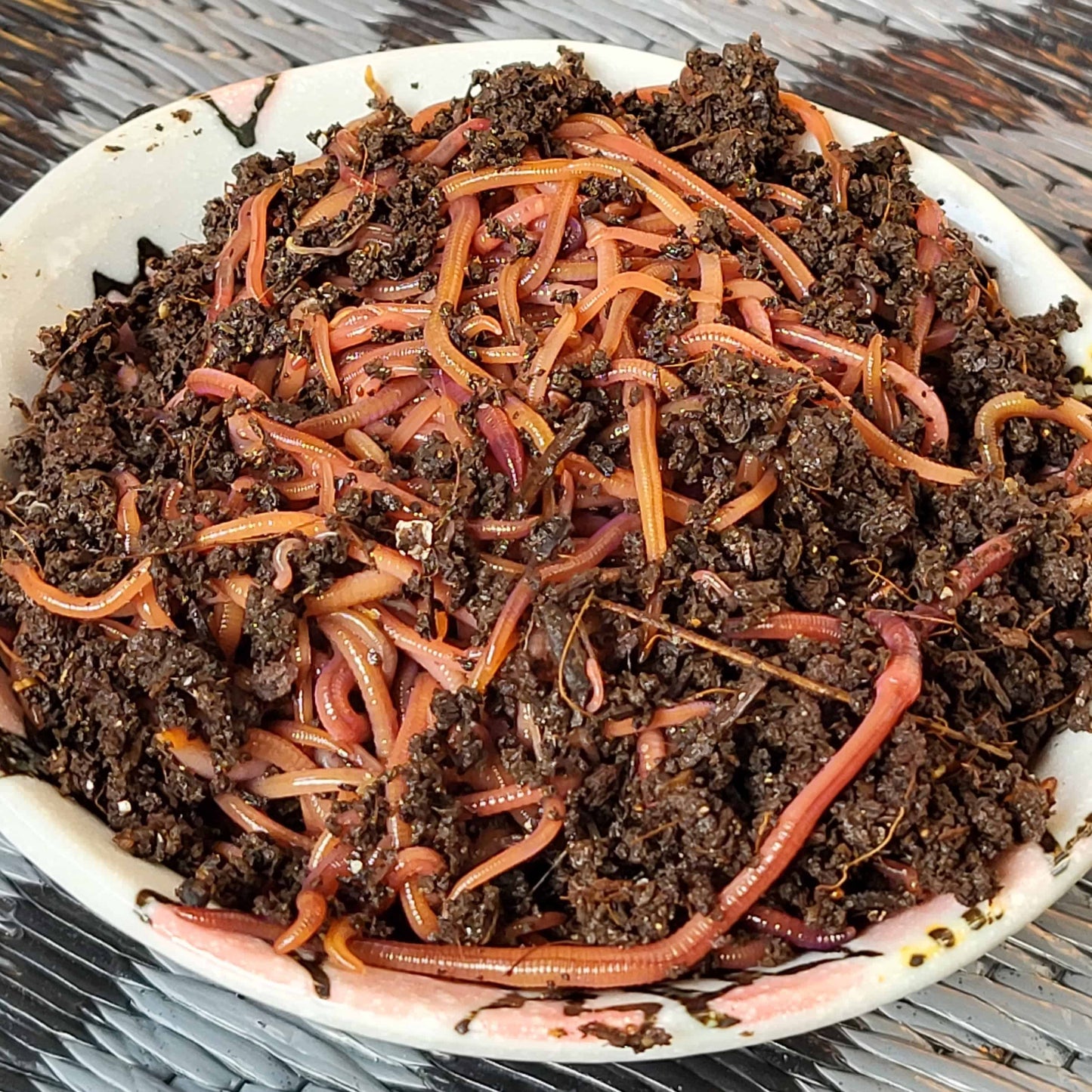
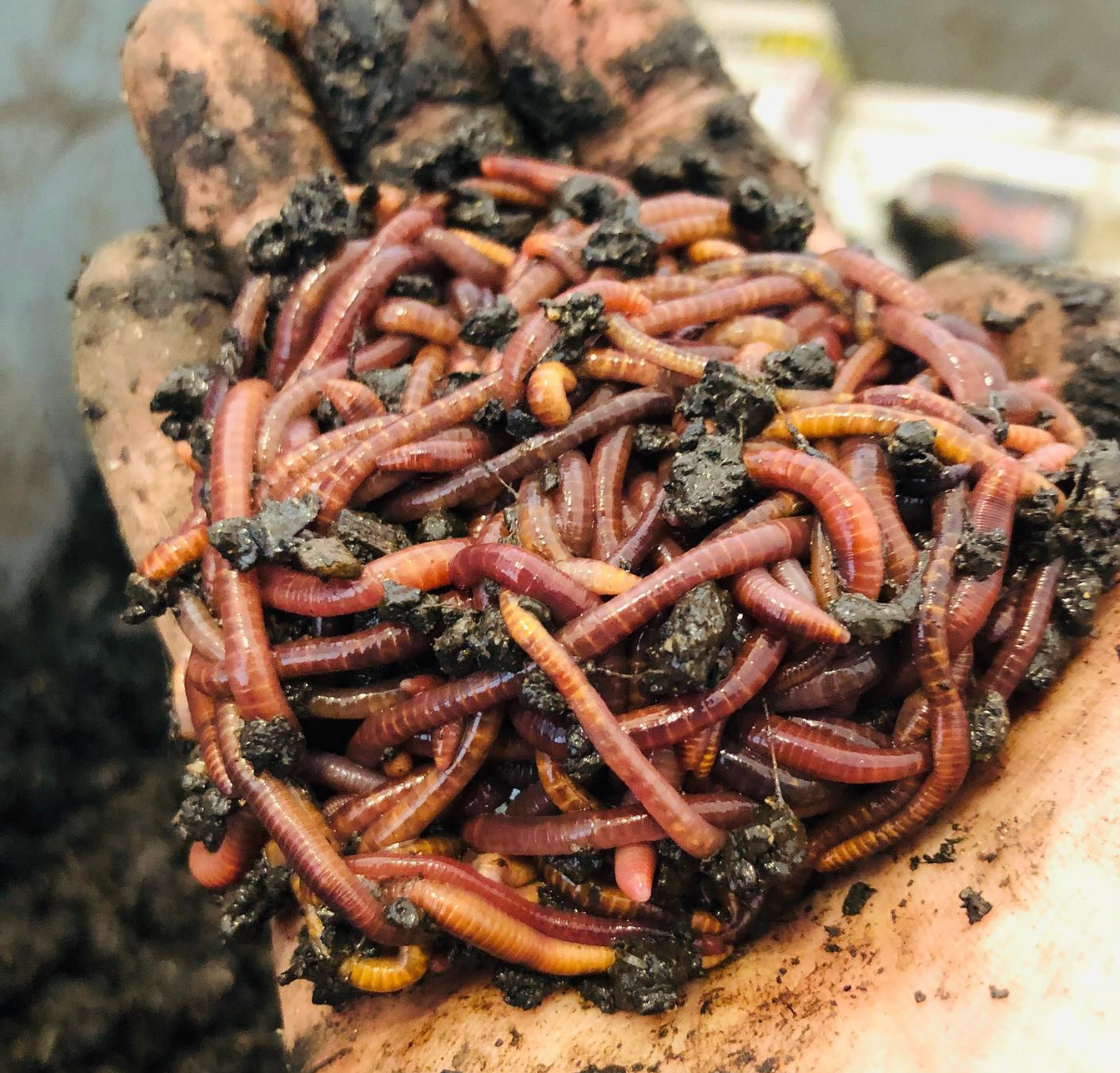
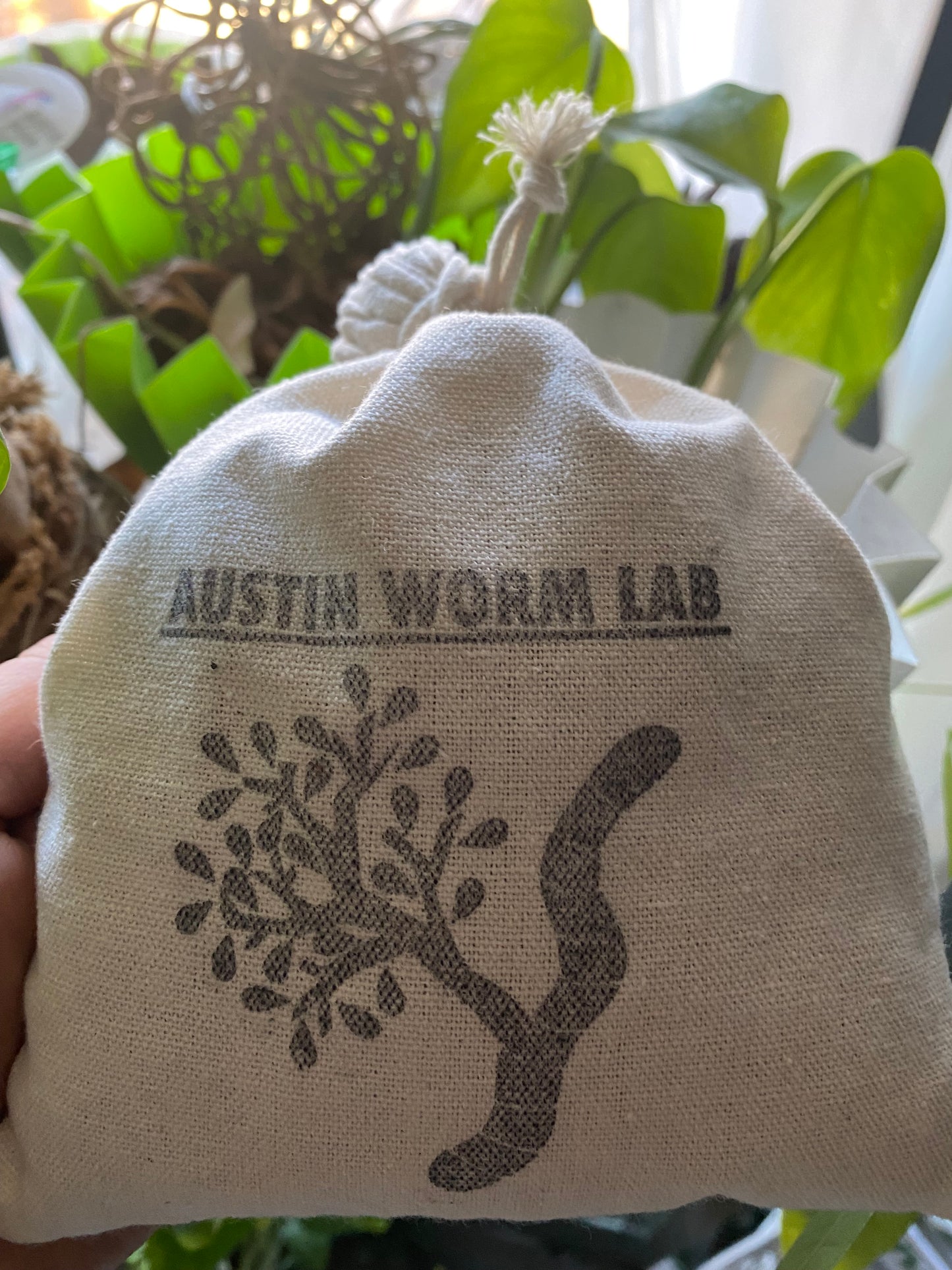
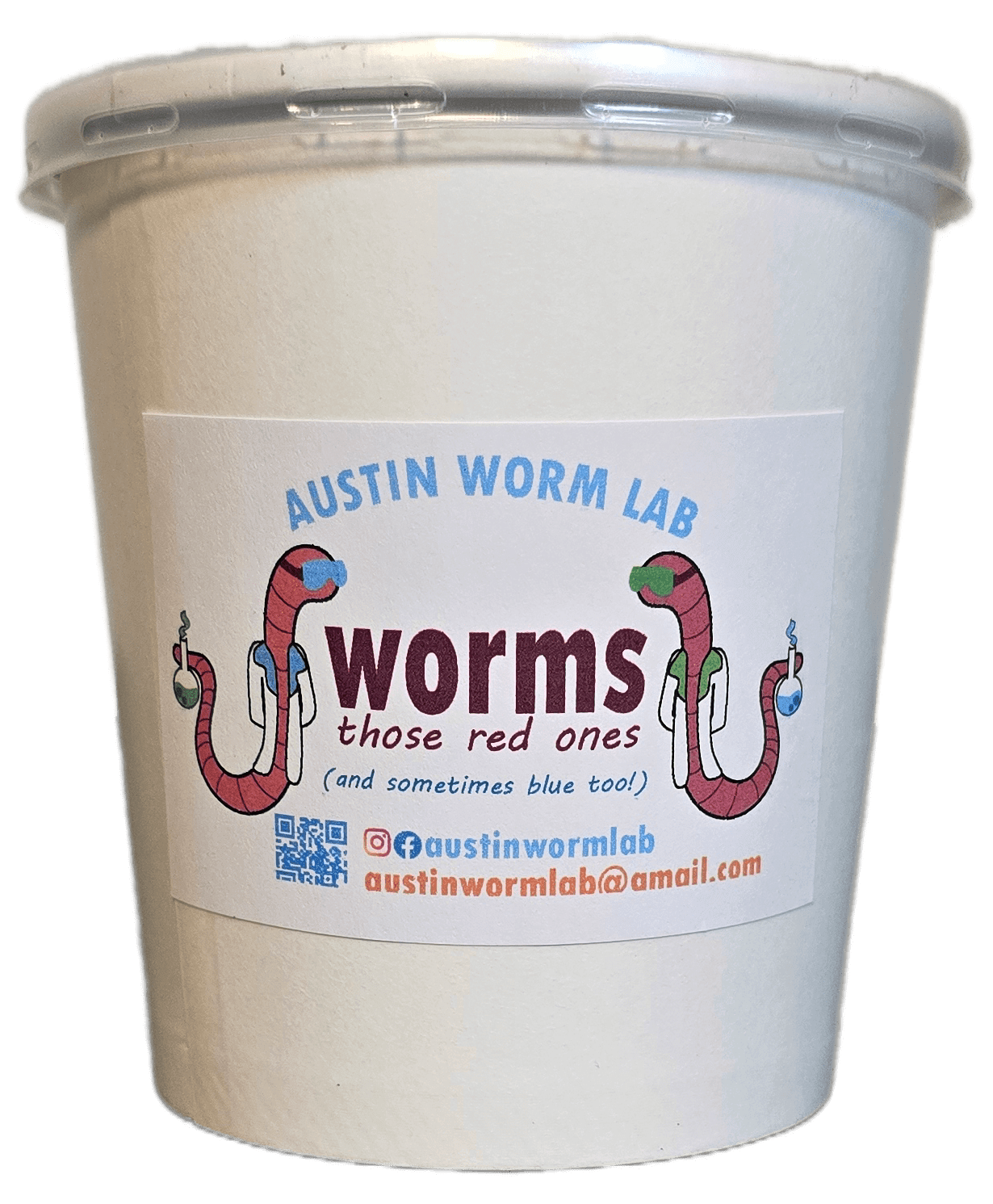
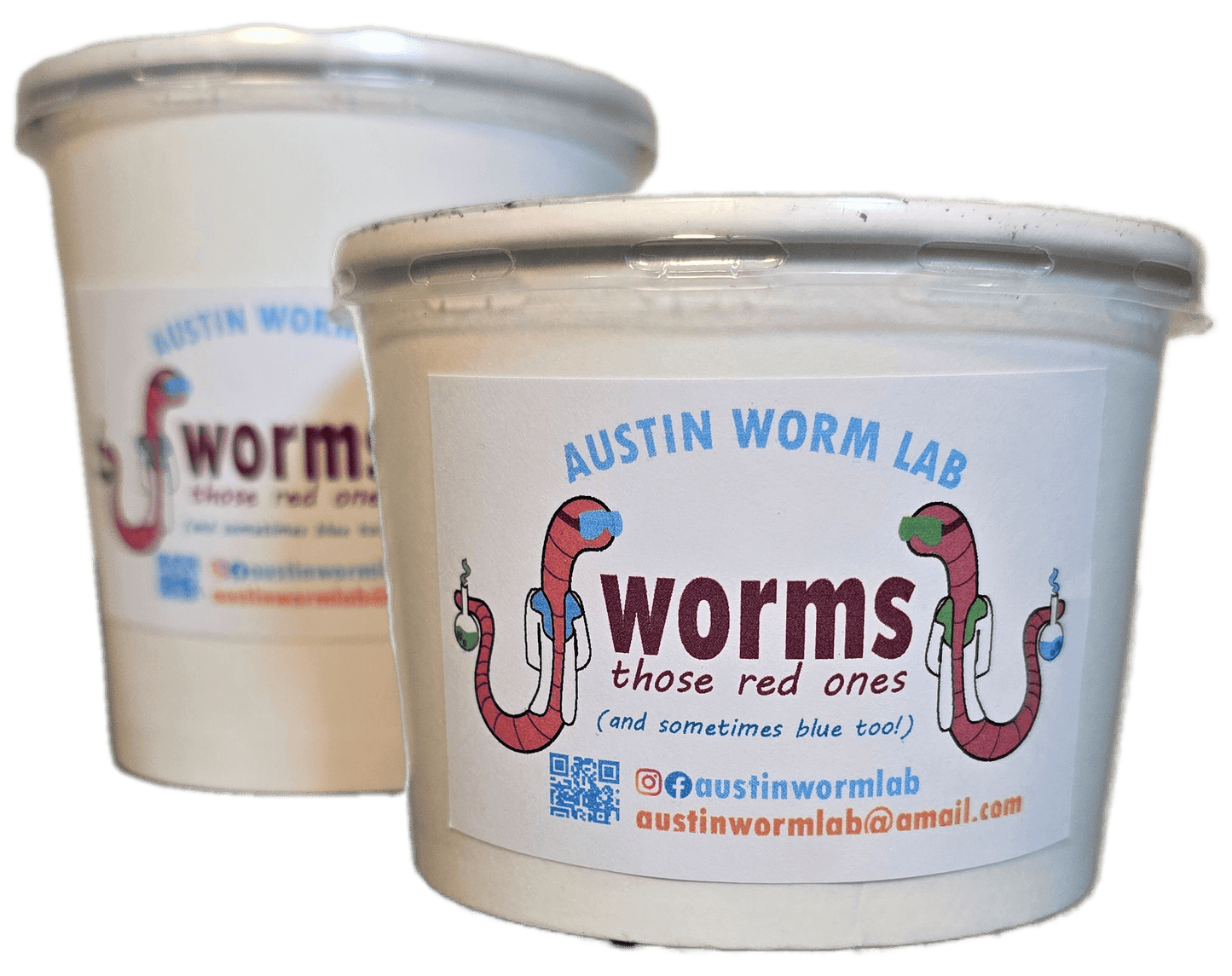
What to Feed and What to NOT Feed
Nitrogen Rich Material (Greens)
- Most fruits and vegetable scraps or whole
- Apple
- Strawberry
- Banana
- Avocado
- Melons
- Bell pepper
- Berries
- Salad veggies and greens
- Eggshells
- Tea bags and spent Coffee Grounds
Carbon Rich Material (Browns)
- Card Board, Paper and Newspaper (non gloss print)
- Aged Animal Manure
- Leaves
- Potting Soils (that contain nonsynthetic fertilizers)
- Finished Compost
- Coco coir
- Peat moss
- Paper Coffee filters
Feed in Moderation
- Citrus
- Onions
- Garlic
- Breads and pasta
- Cereals
Don't Feed These
- Yard trimming if treated with pesticides
- Meat bones and fat (technically you can but we don't recommend this as it will produce stronger odors)
- Human or pet waste

Live worms guaranteed
We send our worms with priority shipping! We want our worms to arrive happy and healthy to their new home. If for any reason they do not, contact us within two days of arrival and we will send a replacement.
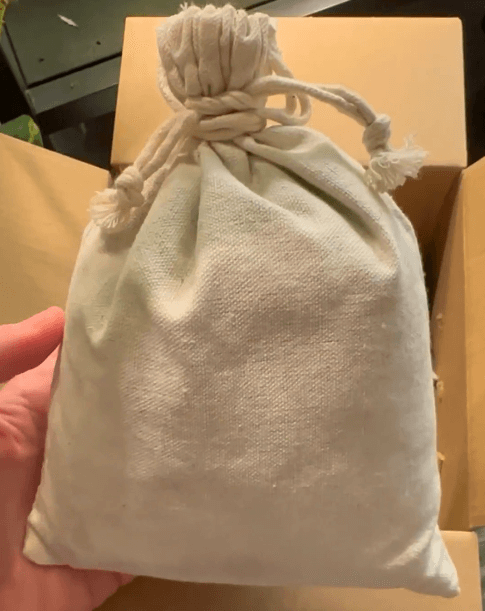
How do we ship our worms?
When they arrive, don’t be alarmed if some appear a bit skinny or dry—this is common and usually due to lower moisture content during shipping. Your worms are packed in a breathable mesh bag and shipped via USPS Priority Mail, which provides good airflow and helps keep them stable during transit. Once placed in proper bedding with moisture, they quickly plump back up.
Worms vary in size and age, so expect a healthy mix ranging from 1 to 5 inches in length.
We do our best to ensure a safe delivery, but if your worms are delayed, arrive in poor condition, or anything unexpected happens, please contact us right away—we’re happy to resolve it.
Why are they called "compost worms"?
-
Top Feeders (Epigeic)
The reason these worms are great for composting is that they love to hang out in the top area of the soil and eat a large quantity of organic matter. They're part of nature's clean up crew, and good news for us, they also love to clean-up our food scraps!
-
They make Compost! Specifically Vermicompost (which is better! way better!)
Check out our worm castingsThe real reason they're called compost worms is that they make vermicompost. Except--all worms make compost? Yes, but these worms make compost faster. They love to eat and they love to eat what we've got to offer. The reason the "red worm" is so popular for composting is that it is fantastic at breaking down our food scraps and turning them into rich organic fertilizer aka worm castings. Want to see the finished product?
